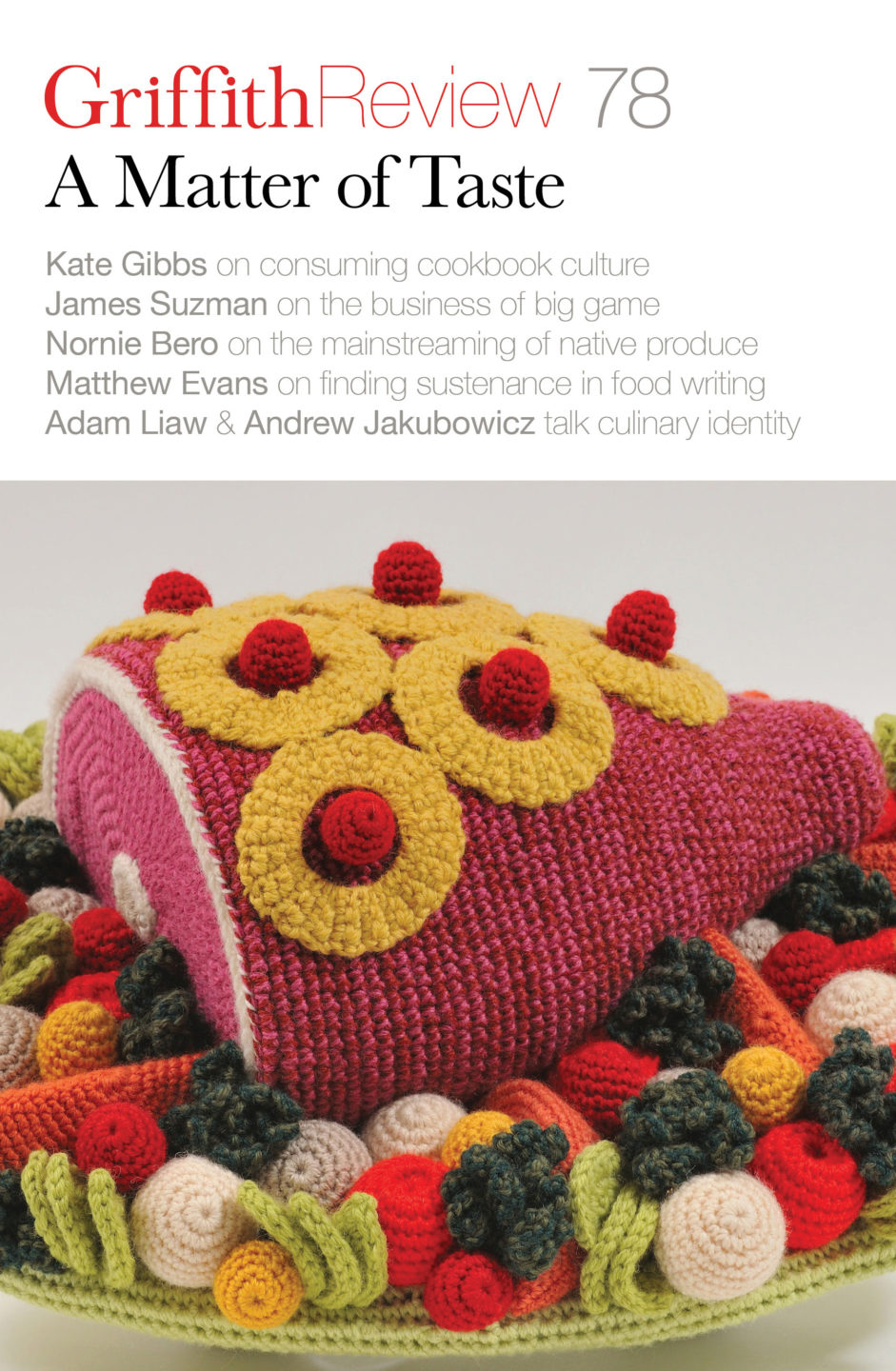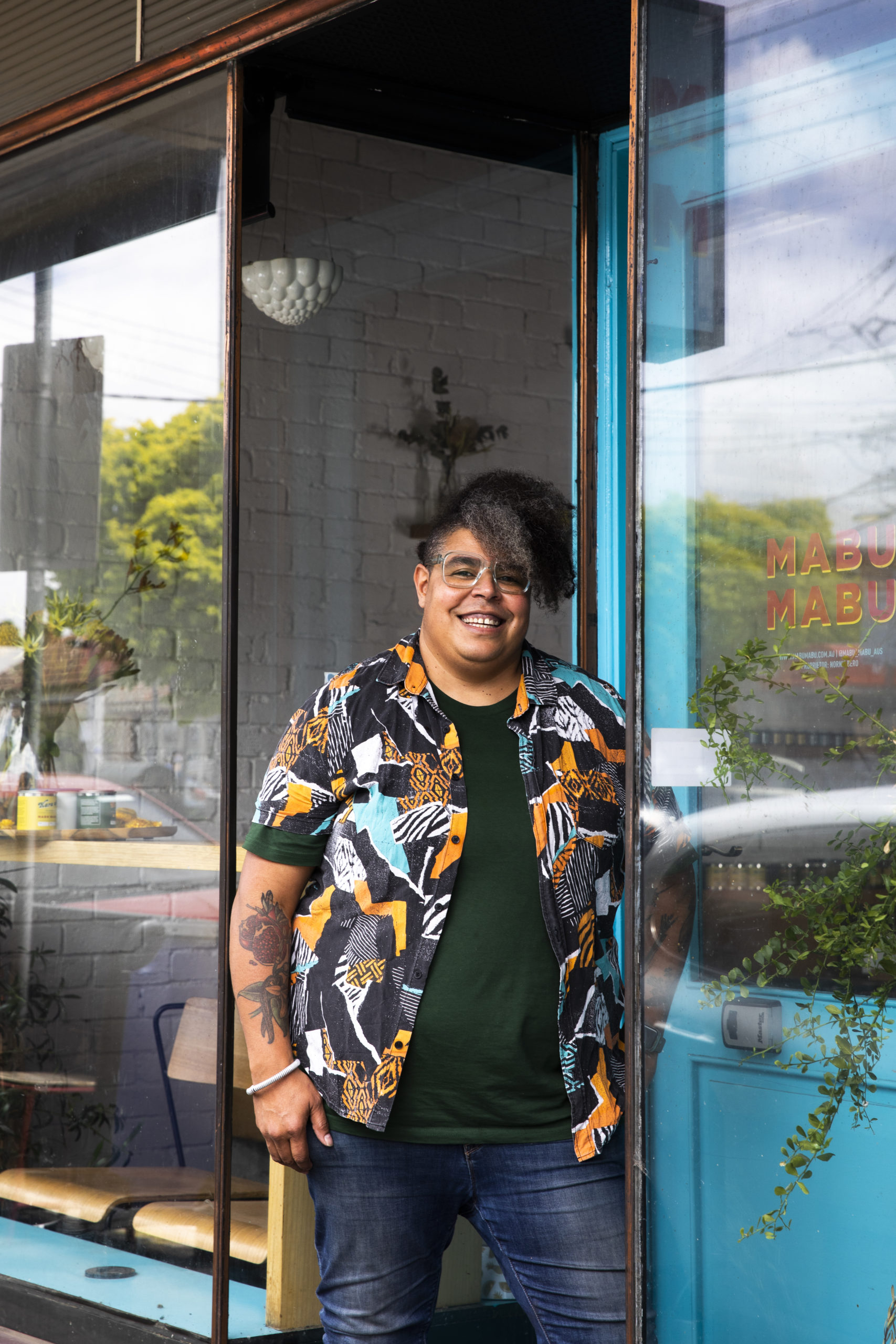A serving of home
Spearheading the return to native produce
Featured in

- Published 20221101
- ISBN: 978-1-922212-74-0
- Extent: 264pp
- Paperback (234 x 153mm), eBook


Already a subscriber? Sign in here
If you are an educator or student wishing to access content for study purposes please contact us at griffithreview@griffith.edu.au
Share article
About the author

Nornie Bero
Nornie Bero is from the Komet tribe of the Meriam people of Mer Island and was raised in the Torres Strait. A professional chef for...
More from this edition

Confected outrage
EssayMany of us can name our favourite childhood lollies. But what if a lolly’s name, or the name of another popular food item, is out of date? What if it’s racist, harmful or wrong? What happens when the name of a lolly doesn’t work anymore?

Tastemakers
IntroductionI’m still pleasantly mystified by our obsession with food – our need to talk about it, remember it, photograph it and analyse it, to eat our feelings and compare our lives to buffets and boxes of chocolates.

Old stars
FictionI found Archie by the shallow end wearing a short terry-towelling robe open to the waist. Time and tide had left him shipwrecked and bloated, but you could still recognise him from the pictures on his album covers: same dark pouf and ducktail and duotone tan, only now he got his colour from a bottle and his hair from a can. He’d been drinking gin and tonic since happy hour started, brought out by an over-attentive waitress.